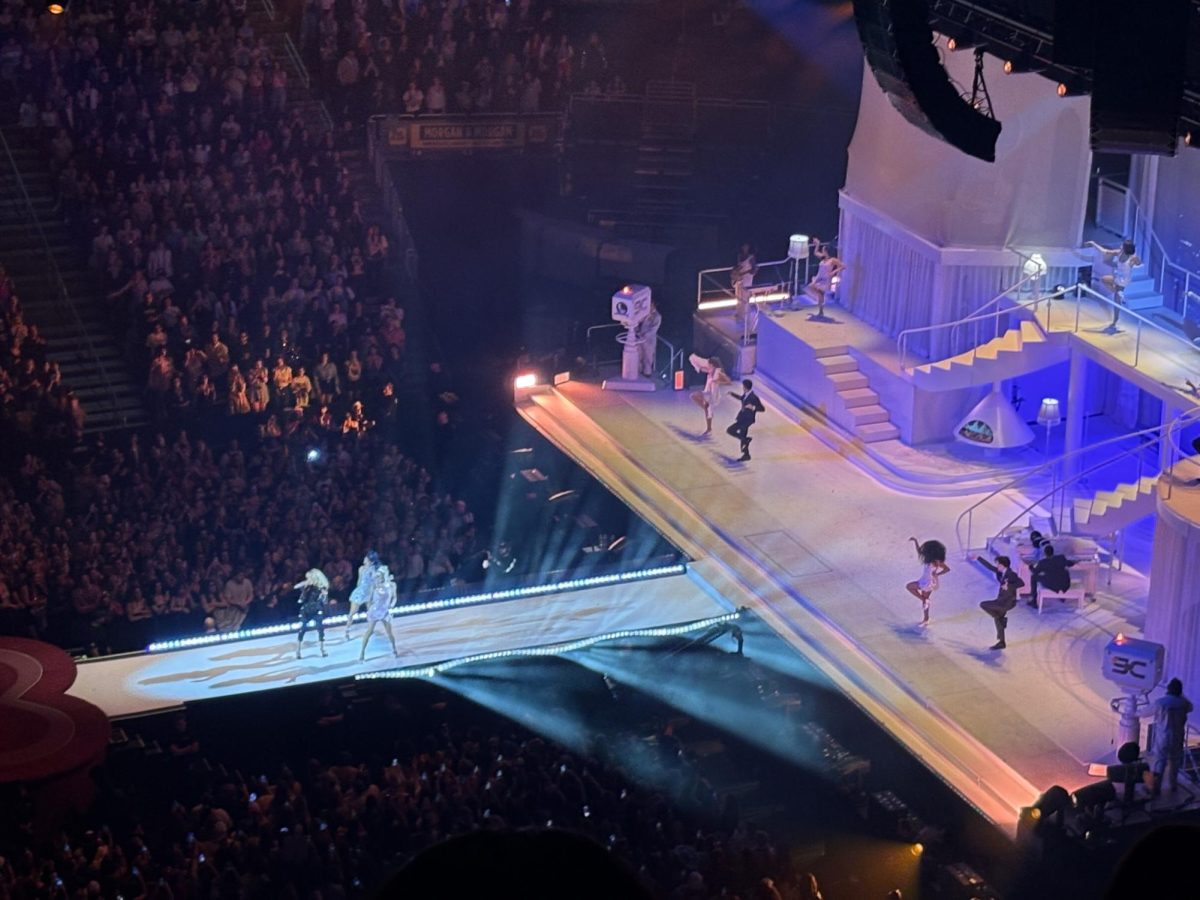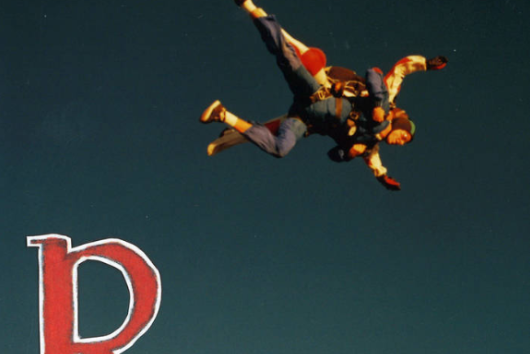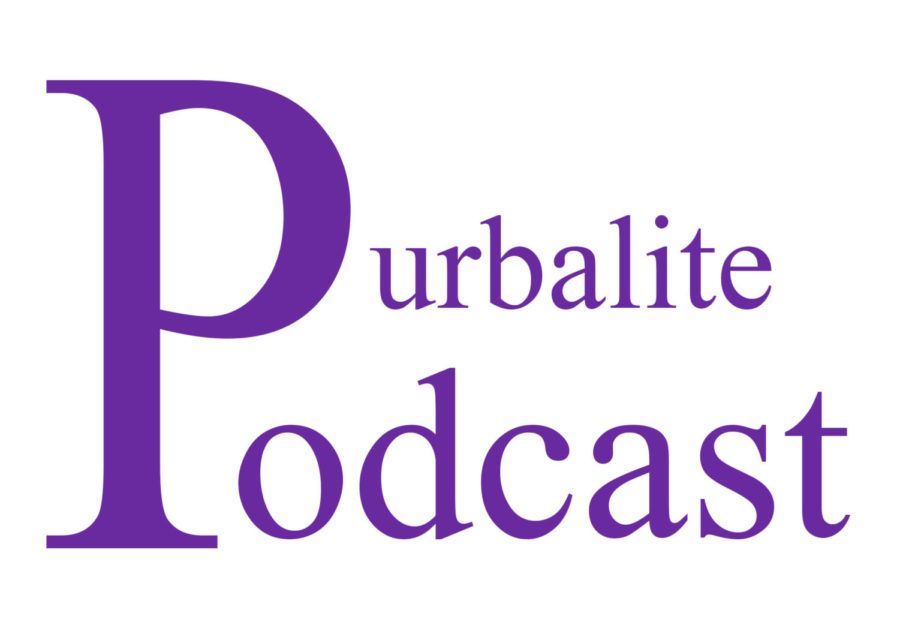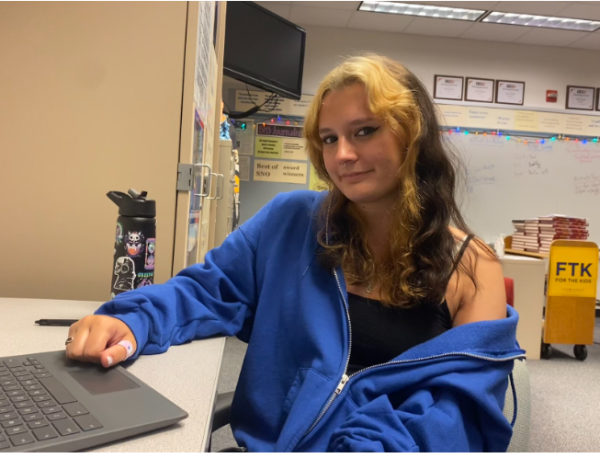
Childish Gambino’s highly anticipated release Atavista is far from perfect, but it provides a solid listening experience.
Gambino is capable of a level of artistry that few modern artists can reach, but the quality of this album is not up to par.
The album opens with the tracks “Atavista” and “Algorhythm.” “Atavista” opens with an electric, interesting intro that is broken by piano. The contrasting sounds are a trademark of Gambino’s instrumentals.
“Algorhythm,” which is heavy on deep bass and vocals, taps into Gambino’s darker side, as opposed to the title track, which has a much more mellow energy.
However, that promising start is not sustained throughout the rest of the album.
Ativista is overloaded with experimental sounds. While this is great to show Gambino’s growth and passion as a musician, many tracks are disappointing, including “Time,” which includes a feature from Ariana Grande. “Time” is paced entirely too slowly and seems very inorganic, on top of the unutilized potential for Grande’s vocals.
In fact, the inorganic nature of “Time” is widespread throughout the album. Almost all of the beats and instrumentation are digital, and Atavista could have greatly benefitted from a simple guitar and drum set.
Not all the features are bad, however, as 21 Savage, Ink, and Kadhja Bonet put forth a solid work on “Psilocybae (Millennial Love).”
The album features little of Gambino’s rap abilities and gravitates instead more towards R&B, similar to the work of some fellow artists in the game, like Frank Ocean and Kid Cudi. While this may be slightly disappointing, Gambino has never been exclusive to the rap genre, and his pop skills offer a pleasant sound.
Putting aside the overly poppy, auto-tune-saturated vocals, Atavista experiments with more acidic beats and taps into electropop music trends, while paying homage to old-fashioned doo-wop sounds.












